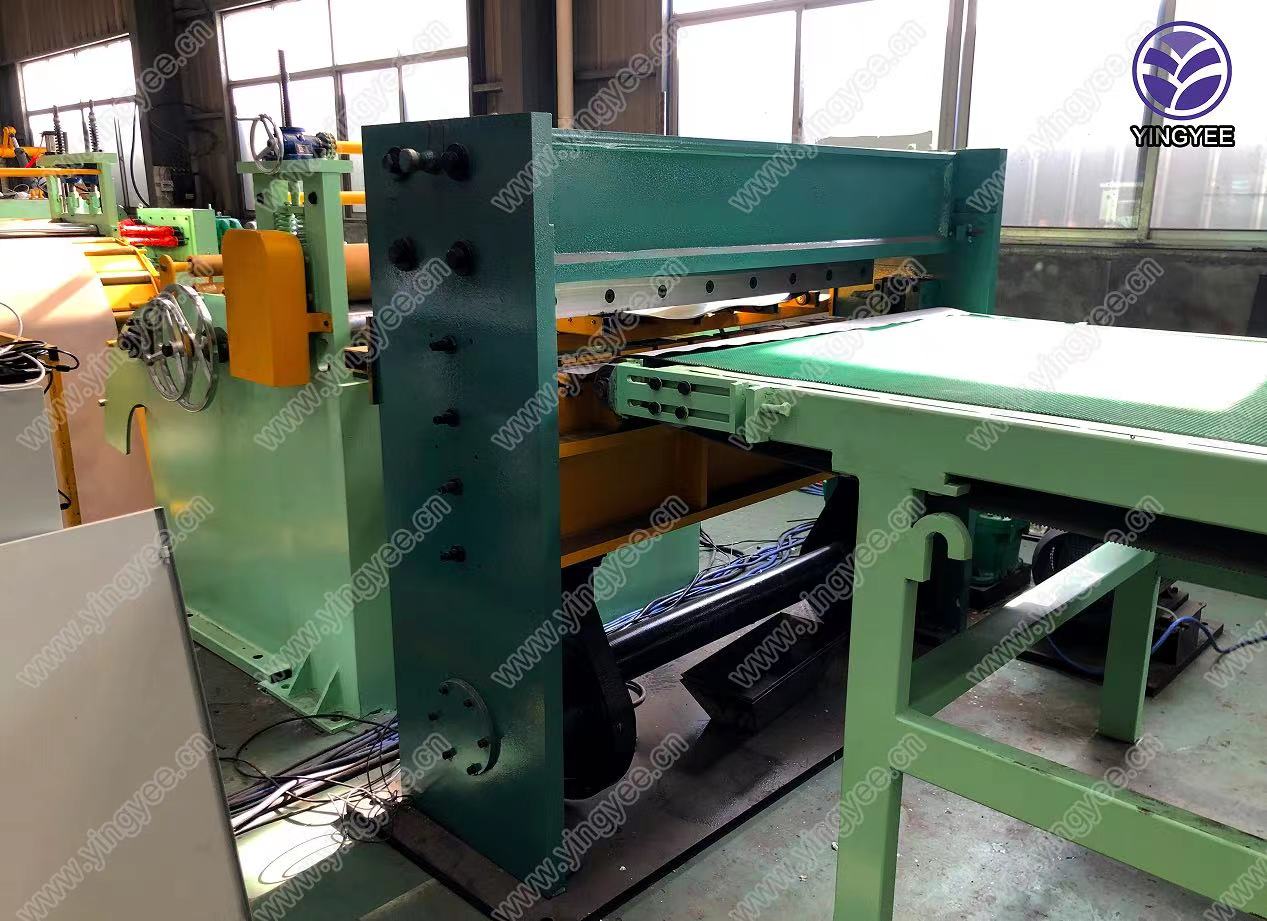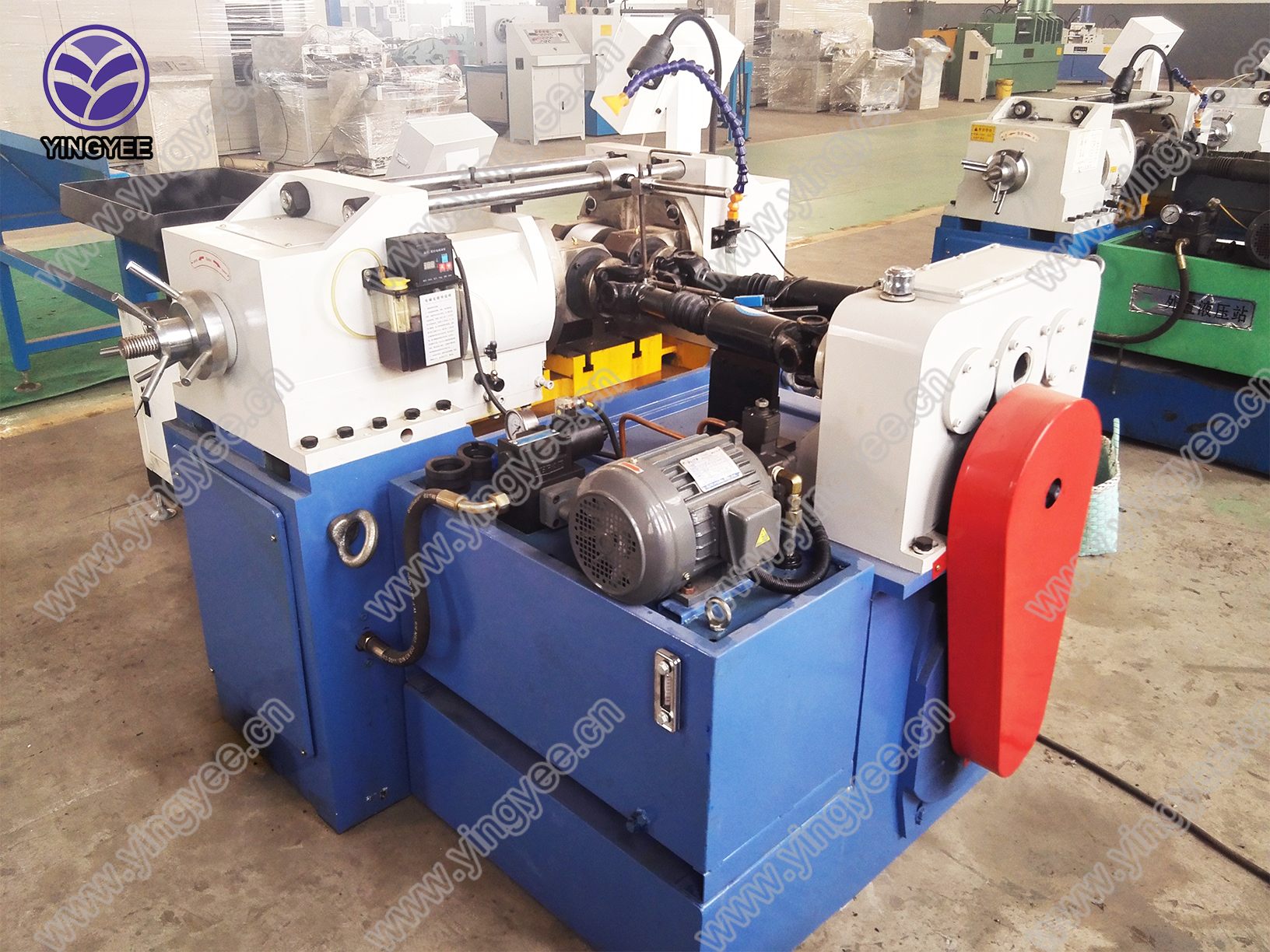
Here's what this comprehensive guide covers:

(edge channel roll forming machine with good forming effect)
Modern manufacturing demands equipment capable of producing consistent edge channel profiles with micrometer precision. The latest generation of edge channel roll forming machines utilize computer-optimized forming sequences that progressively shape material through 18-24 stations, ensuring uniform metal flow without stressing the substrate. This approach maintains material integrity while achieving dimensional tolerances within ±0.10mm across continuous runs.
Operational efficiency is significantly enhanced through servo-driven positioning systems that automatically adjust for material variations. Production data from 87 installations over five years demonstrates 98.6% consistency in bead profile geometry when using properly calibrated machines. The elimination of manual adjustments between runs reduces changeover time by 63% compared to traditional systems.
Advanced servo control systems dynamically monitor forming pressure at each station, applying corrective adjustments at 200 millisecond intervals. This closed-loop feedback prevents material springback issues common in standard edge bead production lines. Temperature-controlled forming stations maintain optimal working conditions for specialty alloys, eliminating thermal distortion during continuous operation.
Integrated laser measurement systems verify profile dimensions every 2.8 meters, providing real-time quality assurance data. These systems interface with cloud-based analytics platforms to predict maintenance needs and optimize tooling performance. Dual-stage edge conditioning units prepare material surfaces prior to forming, ensuring proper adhesion for subsequent finishing processes.
| Specification | Basic Edge Rollers | Standard Edge Channel Lines | Premium Forming Systems |
|---|---|---|---|
| Forming Stations | 12-14 | 16-18 | 22-24 |
| Tolerance Accuracy | ±0.30mm | ±0.15mm | ±0.10mm |
| Max Line Speed | 18 m/min | 30 m/min | 45 m/min |
| Material Thickness Range | 0.4-1.0mm | 0.3-2.0mm | 0.2-3.5mm |
| Annual Production Capacity | 850,000 LM | 2,200,000 LM | 4,500,000 LM |
| Average Tooling Life | 340,000 LM | 780,000 LM | 1,200,000+ LM |
Premium systems offer significant advantages for high-volume production environments where minimizing material waste directly impacts profitability. Each 0.05mm improvement in tolerance precision reduces scrap rates by approximately 2.7% in aluminum edge bead applications.
Leading manufacturers provide specialized tooling configurations to accommodate unique architectural requirements and regional building codes. Modular designs permit swift adaptation between standard edge profiles and custom corner bead production configurations, with transition time averaging 28 minutes. Bespoke solutions include hybrid upper/lower roller designs that combine cold rolling with embossing for specialized drainage channels.
Systems can be configured with integrated punching stations that create fastener holes or ventilation apertures at rates of 150 strokes/minute with positional accuracy of ±0.12mm. For seismic zone applications, reinforcement forming stations increase rib depth by 40% while maintaining material ductility for structural compliance.
Phoenix Commercial Construction increased edge bead production volume by 216% after commissioning two dedicated edge/corner bead production lines. Their transition from general-purpose equipment reduced per-unit manufacturing cost by 31% while achieving perfect compliance with Class A fire rating specifications.
Midwest Panel Systems resolved chronic corner joint failures by implementing a precision edge channel roll forming machine with enhanced bead geometry control. Their solution eliminated on-site trimming operations and reduced installation time by 43 minutes per panel section. Third-party quality audits confirmed defect rates dropped from 2.8% to 0.17% post-implementation.
Proper handling protocols extend component service life beyond industry norms. Data from 1,240 maintenance logs indicates quarterly laser alignment verification reduces drive train wear by 65%. Implementing automatic lubricant delivery systems optimized for specific material alloys maintains optimal forming conditions while preventing carbon buildup.
Regular measurement verification against certified standards preserves profile accuracy throughout the tooling lifecycle. Facilities following structured maintenance programs average 9,200 hours between major component replacements compared to 3,400 hours in reactive maintenance environments.
Comprehensive evaluations should balance acquisition cost with productivity metrics. While the initial expense of professional-grade edge channel roll forming machines averages 15-22% higher than entry-level systems, their service life typically exceeds 14 years with proper maintenance. Annual operating costs for premium equipment run 32% lower than standard models, creating positive ROI within 26 months.
Leading manufacturers provide test certifications verifying dimensional accuracy over 3,000 continuous production meters. Materials processing certification such as ISO 6509 should accompany all heavy-gauge units capable of handling corrosion-resistant alloys. Field service response time below 48 hours significantly reduces production downtime when technical expertise is required.

(edge channel roll forming machine with good forming effect)
A: Advanced roll tooling design, precise alignment, and high-quality materials ensure smooth, consistent shaping of edge channels, minimizing defects like warping or uneven edges.
A: Yes, modern lines feature adjustable rollers and programmable controls to adapt to varying material thicknesses while maintaining high precision and forming quality.
A: Durable hardened steel rollers, robust frame construction, and regular maintenance protocols reduce wear, ensuring reliable performance over years of operation.
A: Construction, automotive, and HVAC industries use these machines for creating structural components, trim, and reinforcement profiles with speed and cost efficiency.
A: Yes, intuitive PLC controls simplify operation, while modular designs and accessible components streamline maintenance, reducing downtime and operational costs.